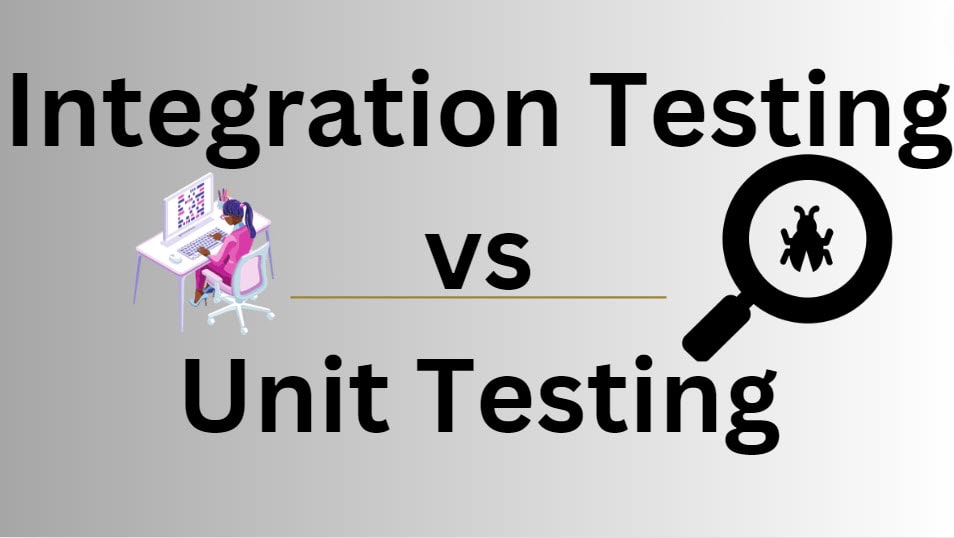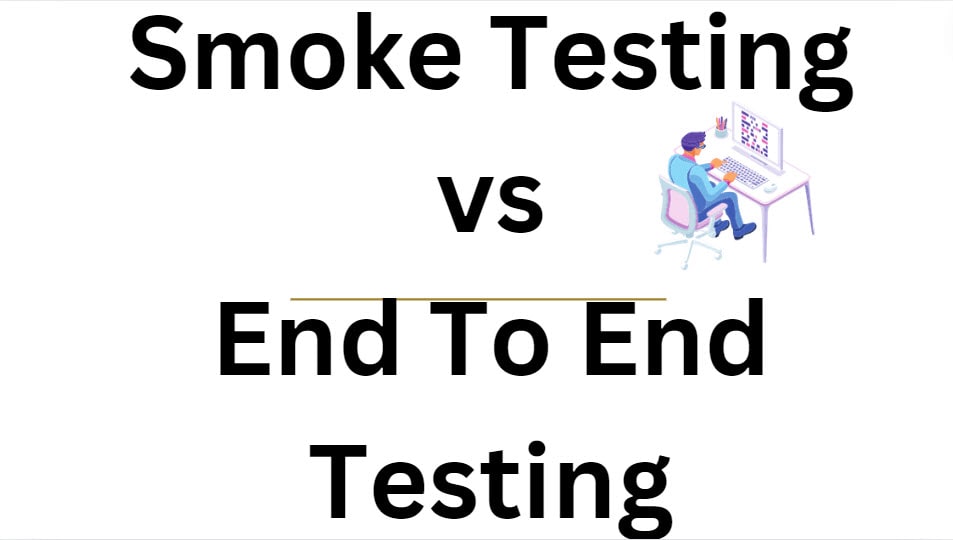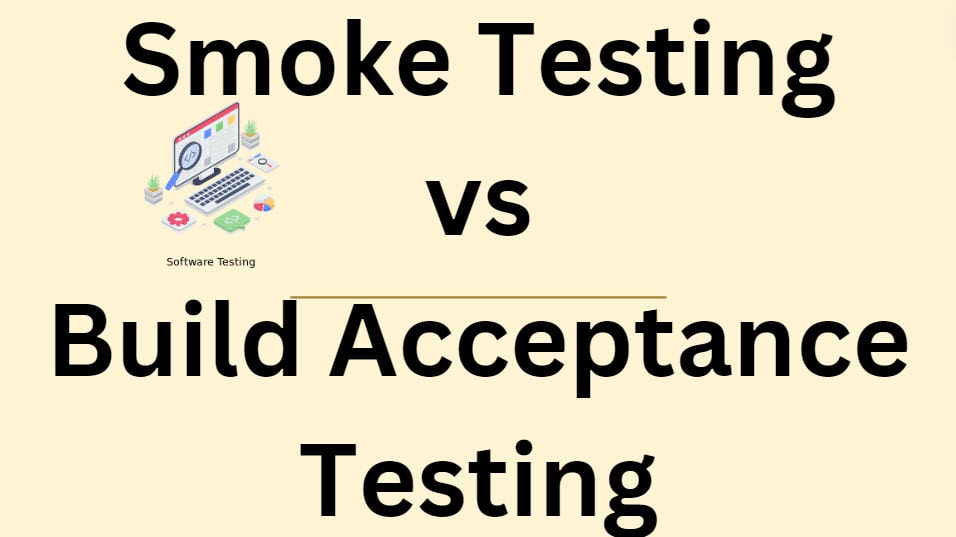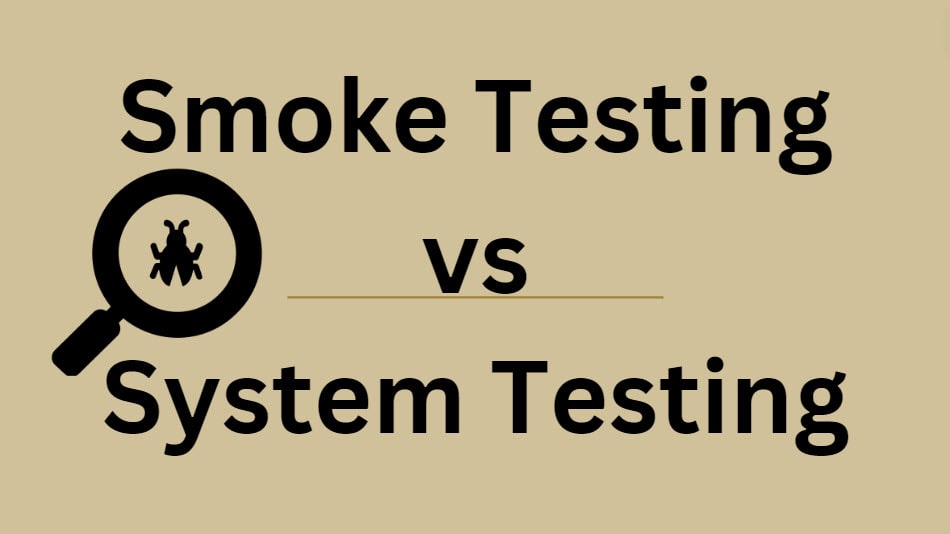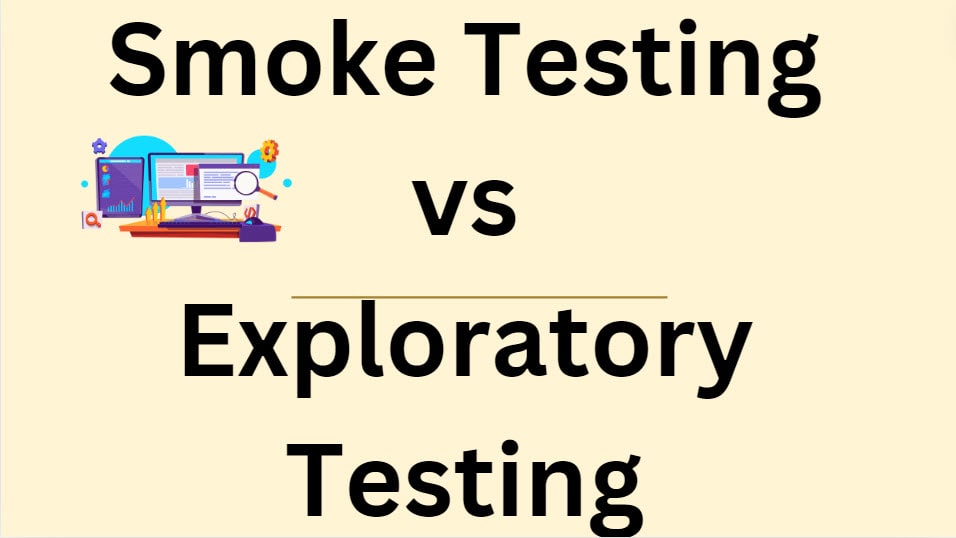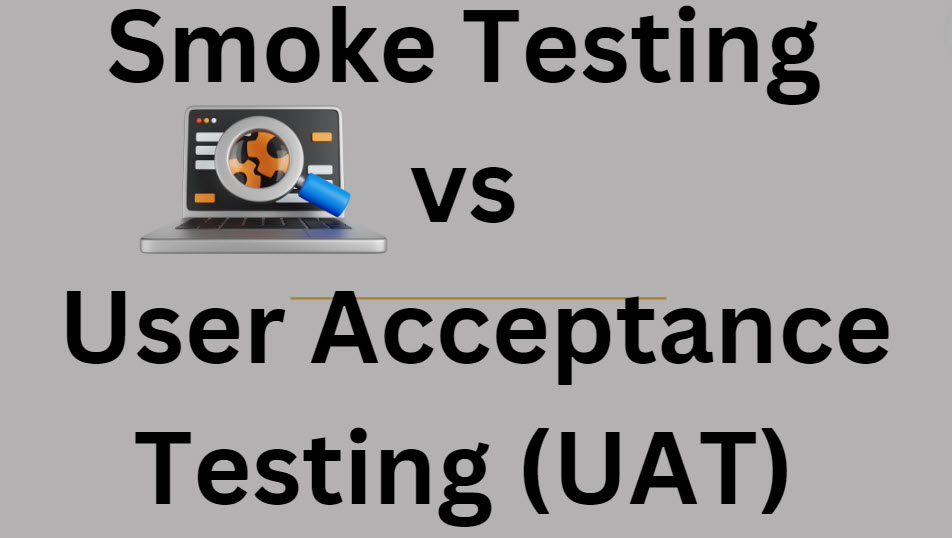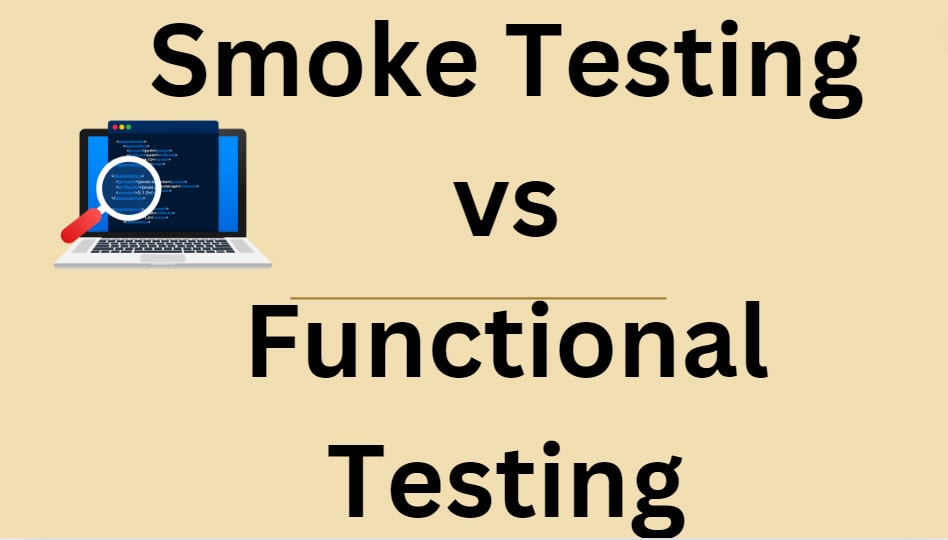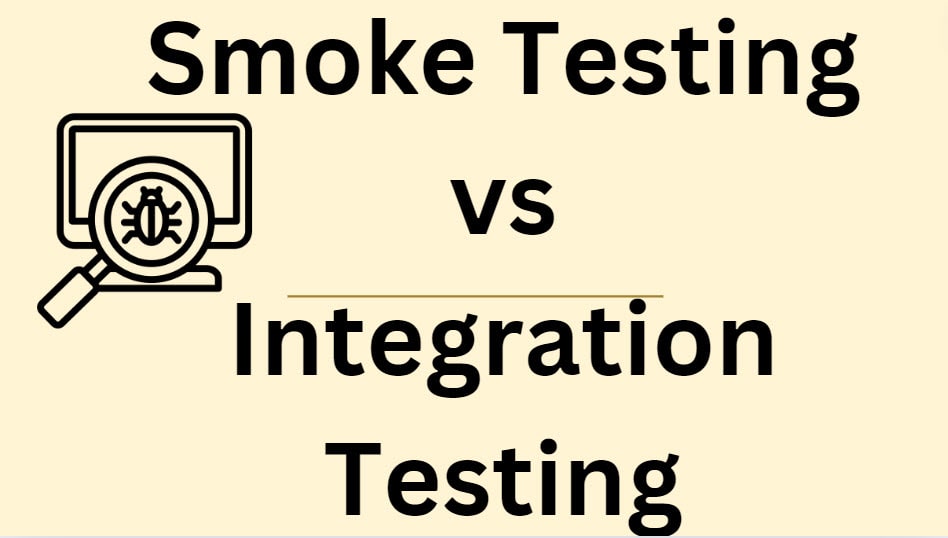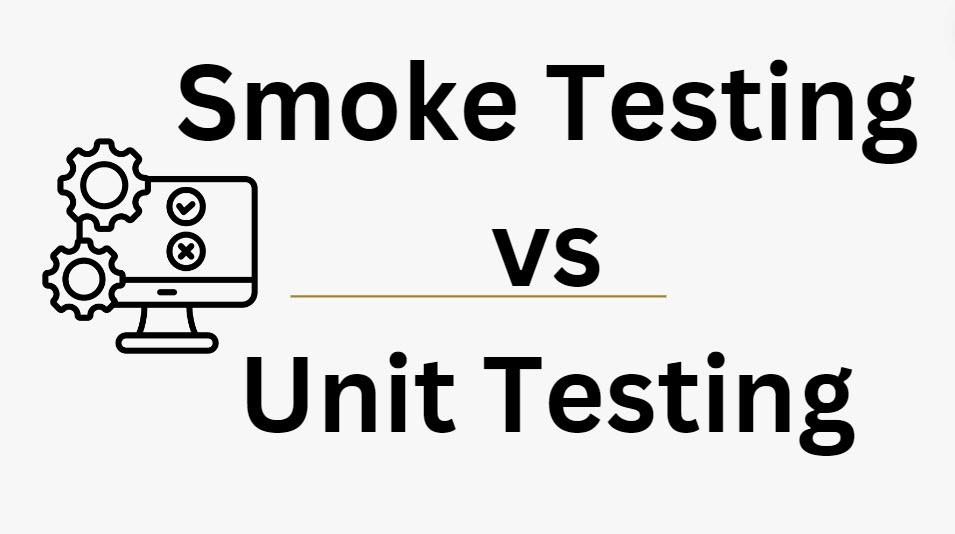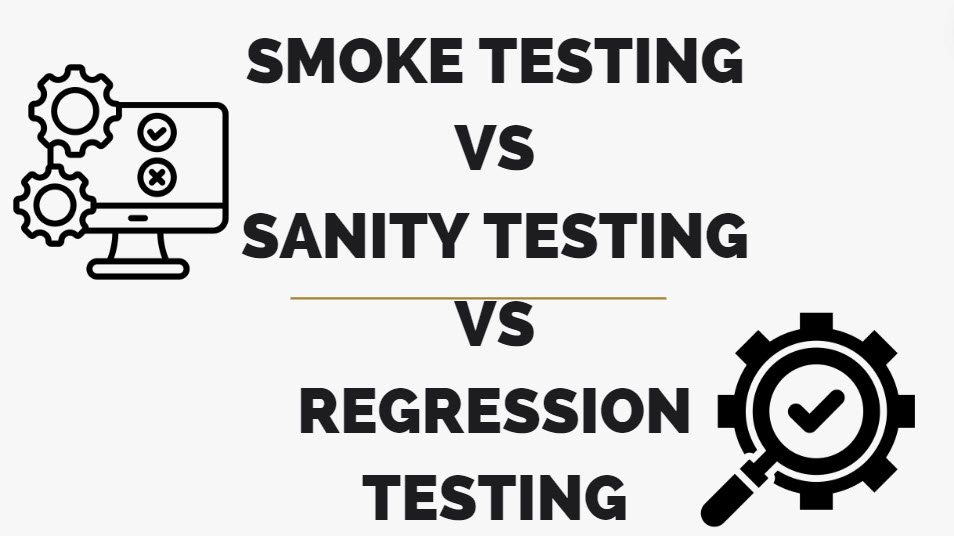Integration Testing vs Unit Testing
Unit testing and integration testing are two essential types of software testing, each serving distinct purposes in the development process. Unit Testing Unit Testing focuses on testing individual components or units of code in isolation. The goal is to validate that each unit functions correctly on its own. Unit tests are typically written by developers and … Read more >>
